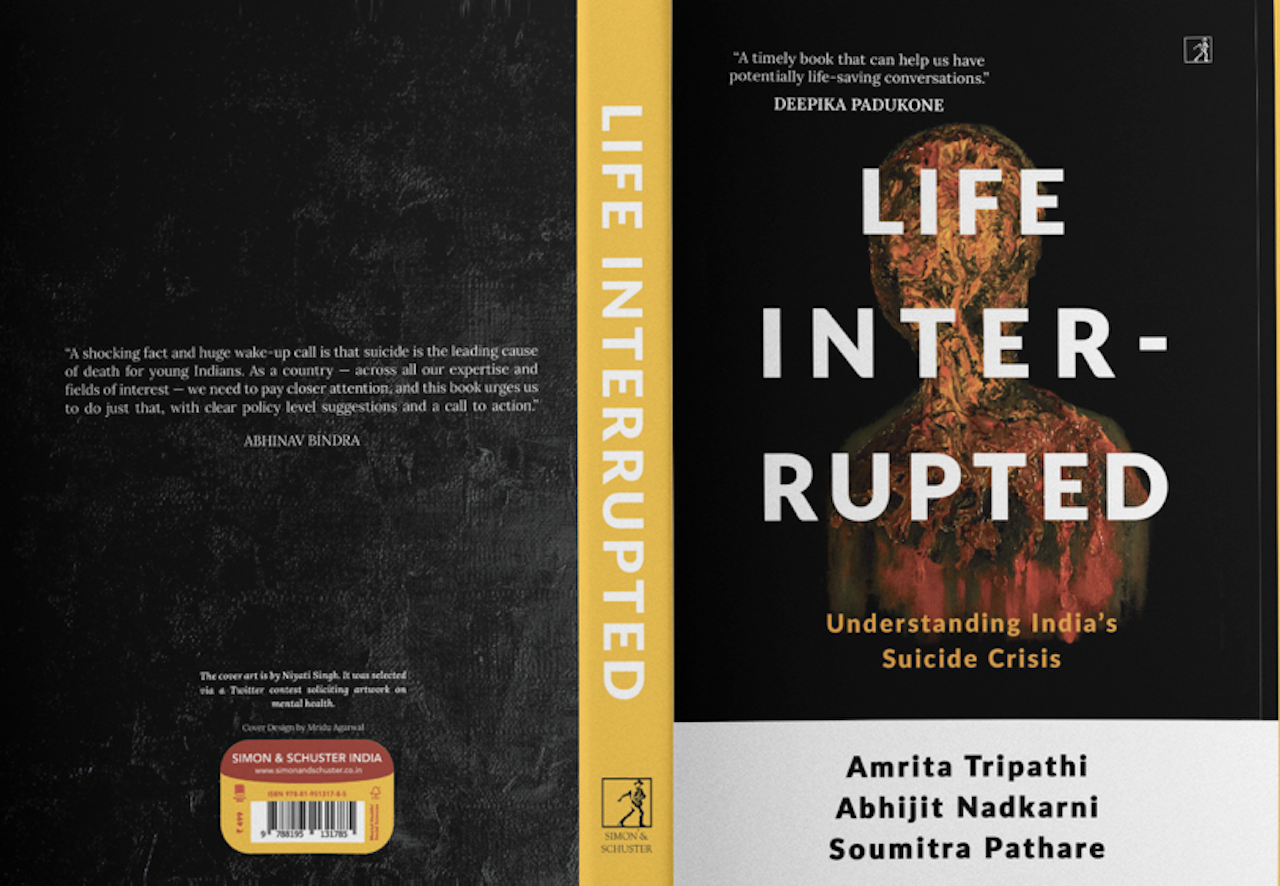Exit Signs: Understanding Abusive Relationships
By Dr Samir Parikh
While every relationship inevitably has its ups and downs, the experience of being a victim of abuse by one’s partner is very traumatic and painful. The consequences of being in such a relationship are equally devastating, if not more, than a physically abusive relationship, with the additional factor of the subtle nature of such a trauma.
ALSO READ: GASLIGHTING: GETTING HELP & HEALING
It might not be very difficult to identify a person who may be in an abusive relationship, if the abuse is in the form of physical violence, as its consequences are likely to be visibly evident. However, abuse within a relationship is not restricted to the physical form, and experiencing a psychological strain in a relationship is actually much more prevalent, as well as more subtle, and thereby challenging to identify. Such a relationship would involve frequent verbal abuse, with feelings of being bullied, threatened, criticised or insulted, with manipulation of the other person’s emotions and feelings.
Often, many of us might not even be able to identify whether we are being a victim to such a psychological abuse within our relationship, and might continue to endure the trauma associated with it. However, there are certain signs that could help us identify whether our relationship is having a significant psychological impact.

Busting 5 Myths and Misconceptions about Emotionally Abusive Relationships
1. Being in a relationship can be a substitute for individual space: Often being in an emotionally abusive relationship can make one feel suffocated or claustrophobic. This could be due to a lack of personal space which is a universal right of every individual. Maintaining clear boundaries is essential in any relationship. Being in one relationship should not lead to a compromise on all other relationships. No matter how much you might love the other person, no relationship, however meaningful, puts other relationships at stake.
2. Emotional abuse can only be in a marital relationship: Emotional abuse is not restricted to a couple — it could bring strain in a relationship between a parent-child, a teacher-disciple, or even between friends.
3. If one person in a relationship is better in some ways, he/she is entitled to have such expectations from the partner: There is no justification for the other person to make you feel humiliated or disrespected. Being in a relationship doesn’t mean that you can take each other for granted, or belittle each other. A relationship is never meant to be one-sided. One might feel as though it’s only you who is expected to fulfil the other person’s expectations. And if you do not have the right to expect something in return from your partner, fulfilling such an obligation would end up becoming more of a burden.
4. If one is in an emotionally abusive relationship, the person is stuck and unable to move out: If you are in an emotionally abusive relationship, you are likely to feel as though the other person is trying to control not just you, but also the relationship. One might feel helpless, with no option but just to feel (and stay) stuck with the relationship.
(Editor’s note: Reach out for help if you feel unsafe. SOME CROWD-SOURCED RESOURCES AT CHAYN INDIA)
Every relationship goes through rough phases. However, you both should be able to talk about your problems. Open communication between individuals is vital, instead of blaming each other.
5. My partner loves me, and I love him/her back, so this cannot be an emotionally abusive relationship: After facing psychological abuse for some time, the relationship in itself would lose its value. One would be holding on to the relationship, and fighting against odds. Despite your feelings for the other person, if you are a victim of psychological abuse you would not feel happy. While we sometimes may tend to deny the reality, our emotional experiences do not lie to us. So, it’s important to listen to your heart and mind, and don’t hesitate to reach out for help.
ALSO READ: TEN THINGS TO KNOW ABOUT DOMESTIC VIOLENCE
It is very important for an individual trying to get out of an abusive relationship to be able to rely on some external sources of support, outside of the relationship. Instead of making your life revolve around your significant other, it is necessary for you to step out and develop your own social life as well.
Often, we tend to invest all our energies into the relationship, in the process sacrificing our own thoughts, emotions and desires. However, no relationship can be bigger than the individuals that form the relationship. And this can often become more challenging when the person involves is a loved one. If you have been victim to physical or emotional abuse, it is necessary for you to fight yourself out of such a relationship.
Do not hesitate to seek help and support. It is important to be willing to reach out for the help of your family, friends or seek professional help. In fact, reaching out to a psychologist in such a situation can be very helpful, as psychotherapy provides a safe space for the individual to be able to vent their emotions, while also helping them regulate their emotions better, and work on thoughts and beliefs to empower the individual to cope with the situation or take a decision. Every one of us has the right to liberty, and deserves to be happy. Remember to pay attention to your own wellbeing as a priority.
BY THE SAME AUTHOR: UNDERSTANDING THERAPY: BUSTING MYTHS
Disclaimer: Material on The Health Collective cannot substitute for expert advice from a trained professional
If you would like to share your story, do write to us here or tweet us @healthcollectif




